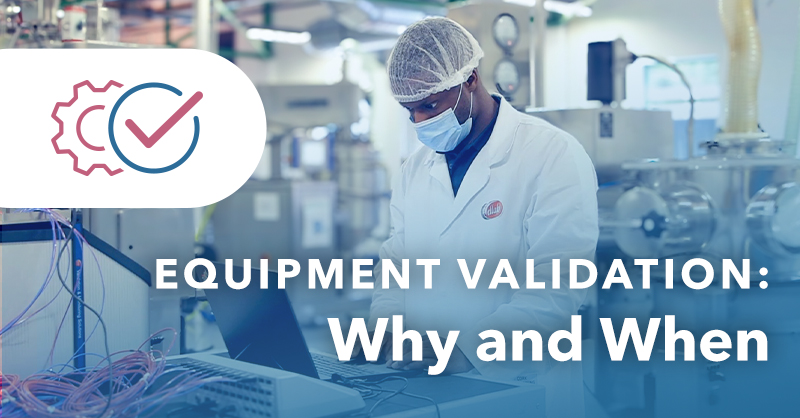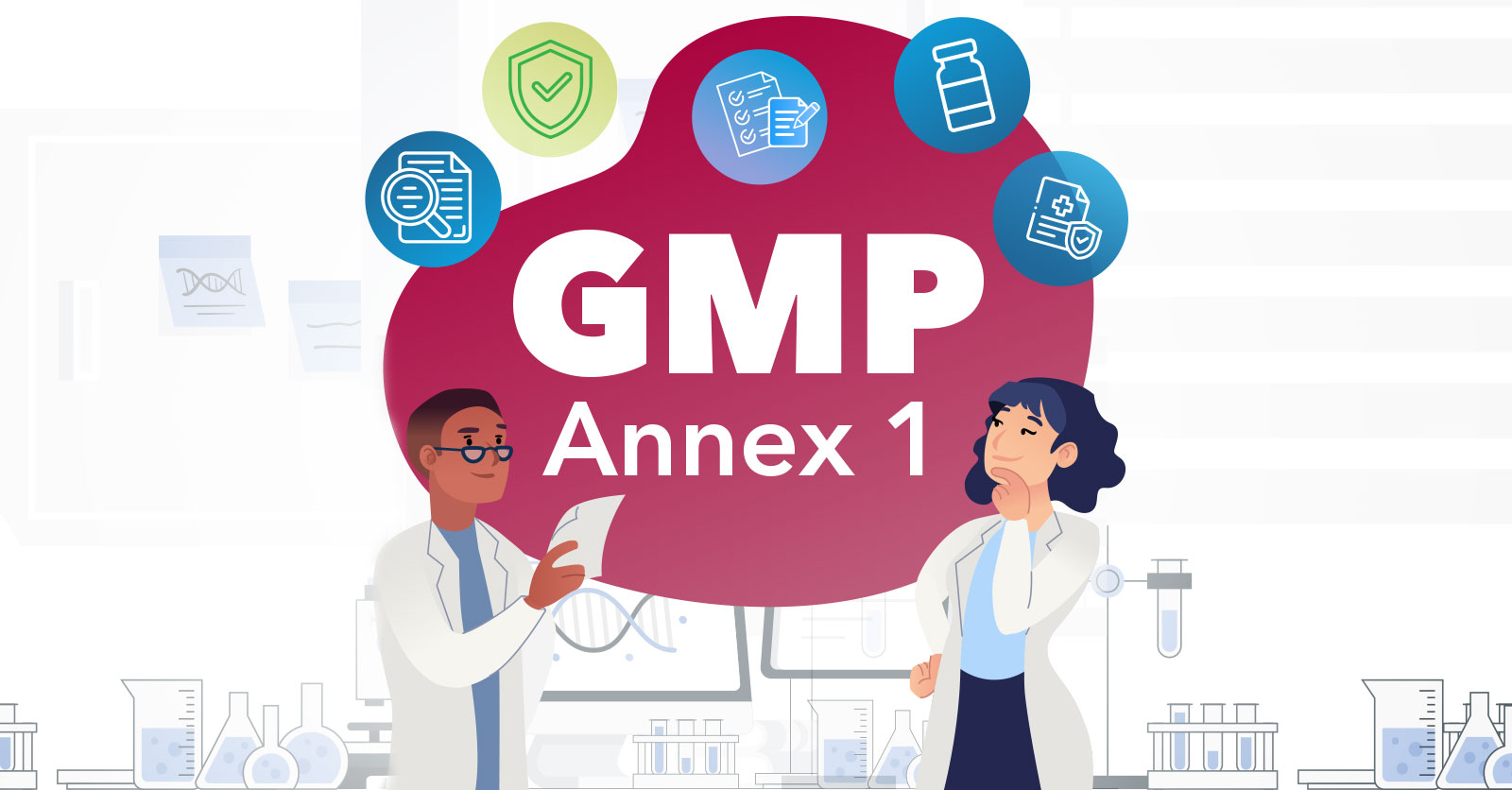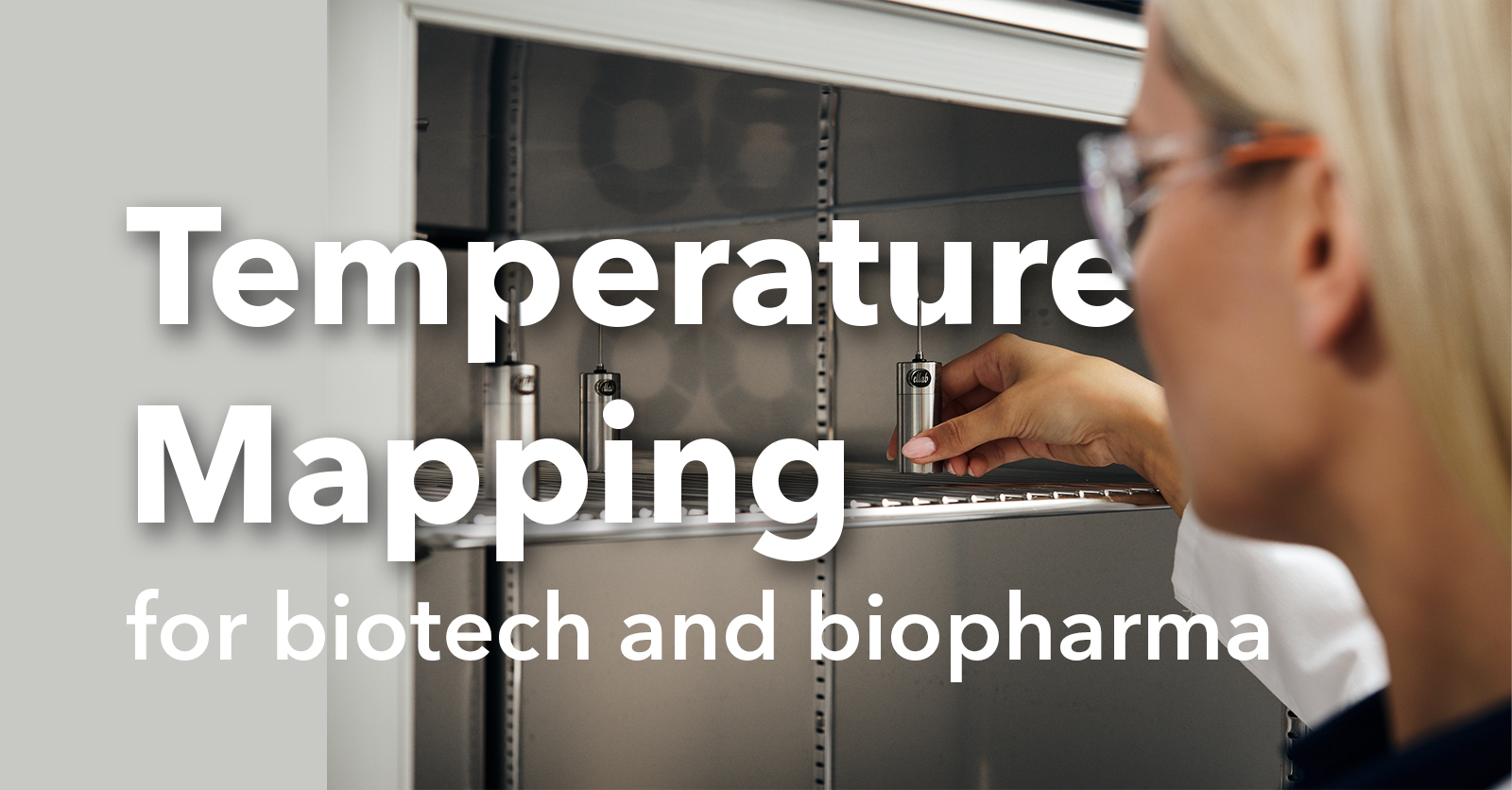There are several scenarios where equipment validation is necessary:
Regulatory Compliance: Regulatory bodies such as the FDA require pharmaceutical manufacturers to validate their equipment regularly. The validation frequency may vary based on equipment criticality and the product.
New Equipment Installation: Whenever a company introduces a new piece of equipment to the manufacturing process, it must undergo validation before being used for actual drug production. Additionally, after installation, it’s essential to periodically validate the equipment to ensure it continues functioning as intended and complies with regulatory standards.
Equipment Modifications or Upgrades: Any significant modifications or upgrades to the equipment, software, or operating procedures require revalidation. This is necessary to verify that the changes do not compromise the quality and safety of the manufactured drugs.
After Maintenance or Repairs: Revalidation is crucial whenever maintenance or repairs are performed on pharmaceutical manufacturing equipment to ensure that the equipment remains controlled and that any adjustments made during maintenance do not impact product quality.
Change in Manufacturing Process or Product: Equipment validation becomes necessary if there are changes in the manufacturing process or the drug formulation. This includes changes in raw materials, manufacturing steps, or product specifications.







